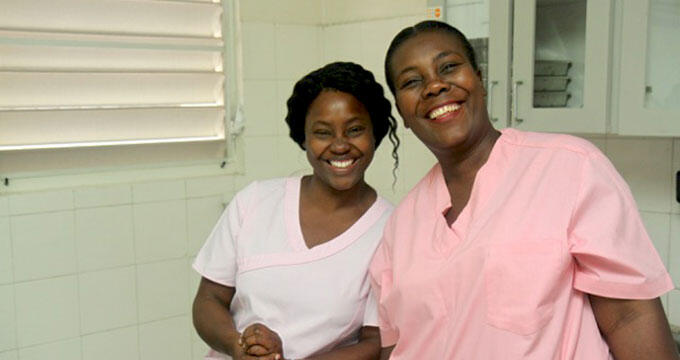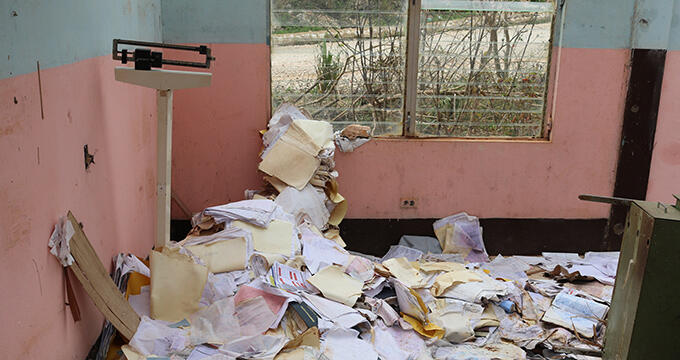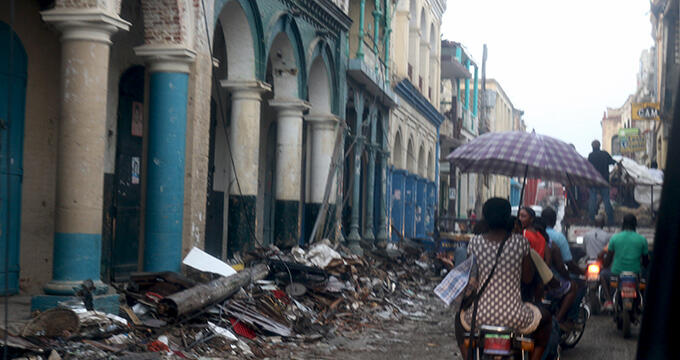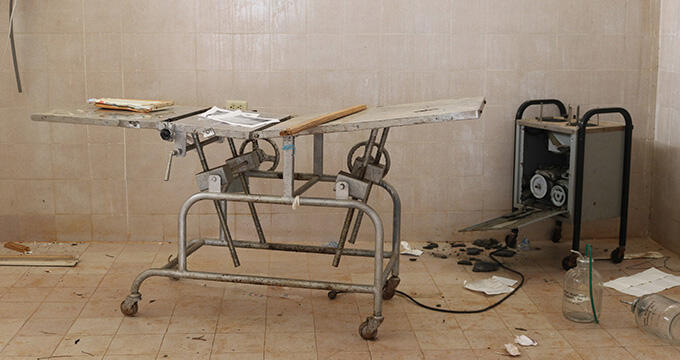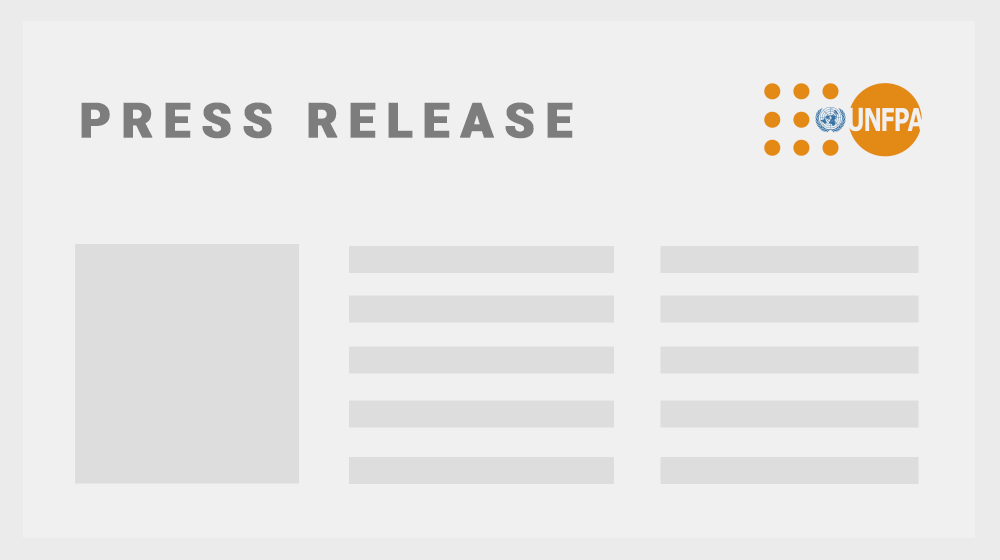Haiti
Violence and lawlessness have reached terrifying levels in Haiti. Around 15,000 people have been displaced since February of this year – adding to the 362,000 people who are already internally displaced across the country, some of them multiple times. Haiti's hunger crisis is also escalating rapidly, as armed groups control main roads, disrupting food-supply routes.
Women and girls are enduring relentless waves of brutal violence, with each day bringing new horrors – the loss of loved ones, the threat of sexual violence, the destruction of homes – and perpetual fear. Ruthless forms of sexual violence are being perpetrated, including rape and gang rape, as gangs vie for control of the capital. The lack of protection services and support doubles women and girls’ trauma – most services have been reduced or are not operating at all.
The health system has not escaped unscathed. Health facilities and hospitals have been forced to close in Port-au-Prince, medicines are in short supply and medical personnel are absent, too scared to leave their homes. Roadblocks and insecurity also make accessing facilities almost impossible, leaving an estimated 3,000 pregnant women in the capital struggling to access maternal health care.
To ensure reproductive health and protection services can continue, UNFPA and its partners are using a hotline to provide psychosocial support to women and girls. Essential hygiene items, including sanitary pads, will be distributed in displacement sites where access is possible and safe. Medical supplies, including supplies for the clinical management of rape, have been prepositioned within health facilities closest to displacement sites.
Updated on 15 March 2024
In 2023, UNFPA reached more than 95,000 women and girls with reproductive health and gender-based violence response services, support and supplies, as well as with cash and voucher assistance.
Despite the soaring needs, funding for protection for women and girls is woefully inadequate. In 2024, UNFPA is appealing for $28 million to respond to humanitarian needs to ensure that women and girls and survivors of violence can access the reproductive health and protection support they need.
